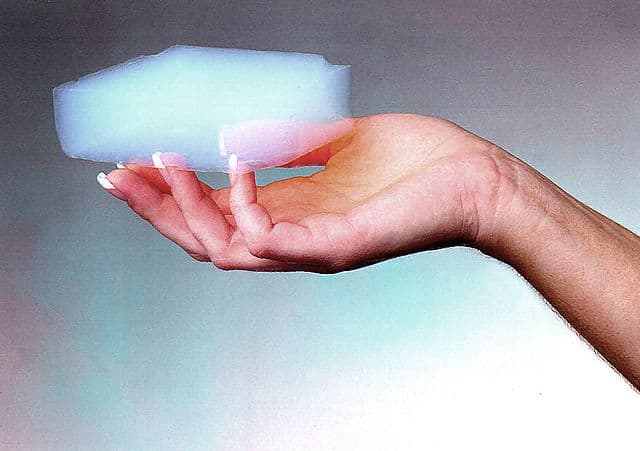ISRO's New Light Air Gel Could Help Soldiers Brave Siachen's Severe Temperatures
A group of researchers from India's Vikram Sarabhai Space Centre, Thiruvananthapuram has recently paid tribute to the daring Indian soldiers who endure the most extreme climatic conditions near the Siachen glacier by gifting them the world’s lightest material known as ‘silica aerogel’, colloquially known as ‘frozen smoke’ or ‘blue smoke. It is a synthetic porous light weight material, which is prepared from silica gel, where the semi-liquid is replaced with a gas.
The material exhibits desirable characteristics such as low density and low thermal conductivity, which are instrumental to its proper working. Scientists explained that if the material is poured inside a soldier's uniform, it will keep them warm for a long time. Additionally, as it is light in weight, soldiers will not feel an extra burden on their wear. The material can also be beneficial in space technology and has fruitful prospective applications in nanotechnology.

Dr K Sivan, Director of the Vikram Sarabhai Space Centre commented that the “made in India†Silica Aerogel could be extensively used as Rocket insulators. Their properties can be controlled as per requirement to manufacture products like thermal jackets, foot insoles and if painted on windows, it can work as an alternative to air coolers.
This February, Indian army man Lance Naik Hanumanthappa Koppad had fought gallantly against all odds, but had finally succumbed to the deadly environment. It may well have been possible to save him and his fellow soldiers by using this new life saving technology. There are unconfirmed reports suggesting that this 99% air filled component could be used in the Chandryaan-2 mission, India’s future moon rover.
Source: #-Link-Snipped-#
The material exhibits desirable characteristics such as low density and low thermal conductivity, which are instrumental to its proper working. Scientists explained that if the material is poured inside a soldier's uniform, it will keep them warm for a long time. Additionally, as it is light in weight, soldiers will not feel an extra burden on their wear. The material can also be beneficial in space technology and has fruitful prospective applications in nanotechnology.

Dr K Sivan, Director of the Vikram Sarabhai Space Centre commented that the “made in India†Silica Aerogel could be extensively used as Rocket insulators. Their properties can be controlled as per requirement to manufacture products like thermal jackets, foot insoles and if painted on windows, it can work as an alternative to air coolers.
This February, Indian army man Lance Naik Hanumanthappa Koppad had fought gallantly against all odds, but had finally succumbed to the deadly environment. It may well have been possible to save him and his fellow soldiers by using this new life saving technology. There are unconfirmed reports suggesting that this 99% air filled component could be used in the Chandryaan-2 mission, India’s future moon rover.
Source: #-Link-Snipped-#
0
